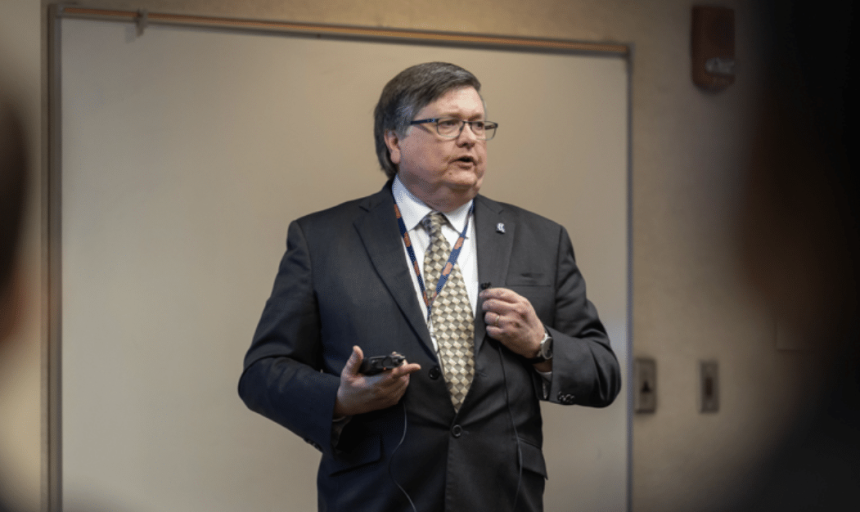Following a recent report that only a third of hospitals would be eligible for a $103 million lifeline grant program, Mississippi’s state health officer is hoping that number can be upped to 85 percent with a new “workaround.”
During Friday’s episode of The Gallo Show, Dr. Dan Edney said officials in his office have been working with auditors to modify the way hospitals are categorized under the Mississippi Hospital Sustainability Grant Program.

The move would change hospitals to beneficiaries rather than subgrantees and possibly boost the number of hospitals receiving money from 38 to at least 93 of the 110 that have applied for the program.
“That made it to where if we could just get the hospital eligible, then they qualified for the funds and we would grant the award,” Edney said. “That was a huge hurdle to get across, but we got there.”
The need for loopholes to ensure hospitals across the state will receive money from the program comes after lawmakers chose to use funds from the American Rescue Plan Act rather than money from the general fund, meaning hospitals that had already claimed pandemic-related relief funds would not be eligible.
Since legislation creating the program was passed and signed into law in April, Edney and others have been working to bend federal regulations to qualify more hospitals for the subsidy and possibly to some avail.
“We have been as broad and lenient as we could possibly be,” Edney said. “As late as Tuesday, we were given some notice by the auditors that a workaround we have been trying for a long time that might get us almost all the way there may well be approved.”
As Edney pointed out, the federal government will have to approve the regulation changes. If they do, the state health officer said it will also erase the possibility of hospitals having to pay any money back in the future.
“The heavy lifting has already been done. It’s just a matter of getting us to a state of compliance where the feds will not claw this money back in two years,” Edney said. “That would be devastating for hospitals to have to write checks back to the federal government in two years because we were not compliant on the front end.”
If the changes are approved, it will be a small yet welcome piece of the puzzle that is solving the state’s ongoing healthcare crisis.







